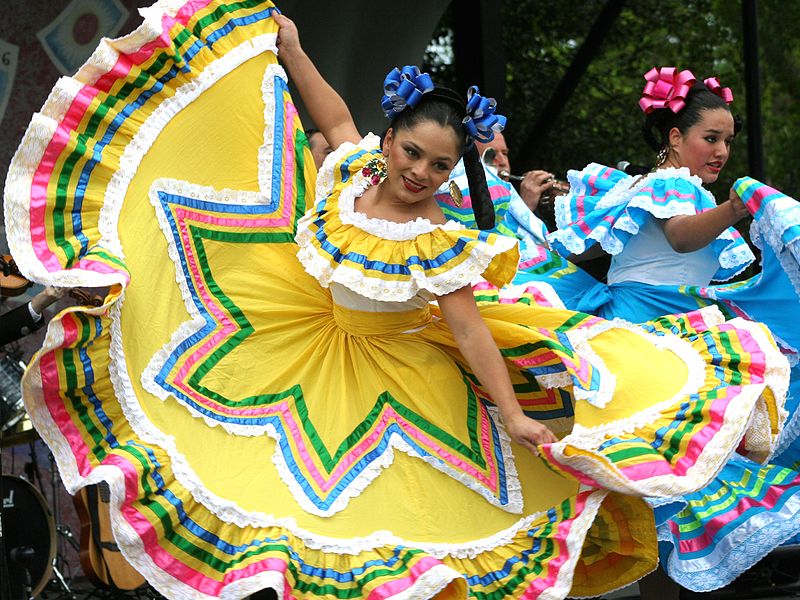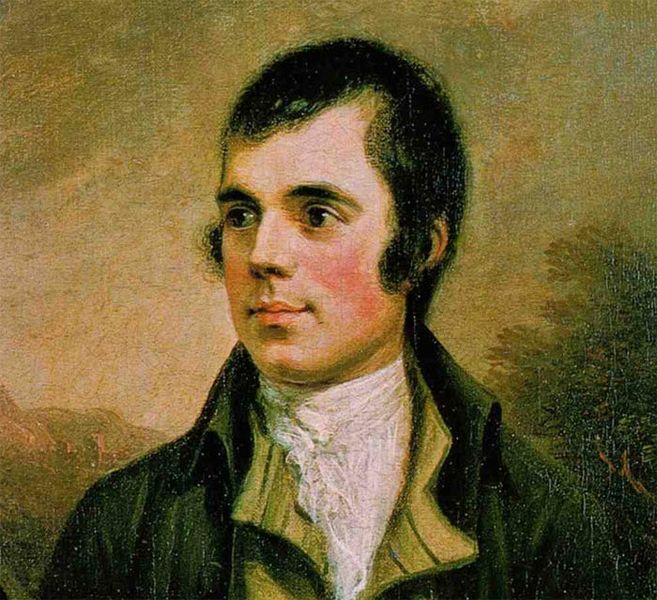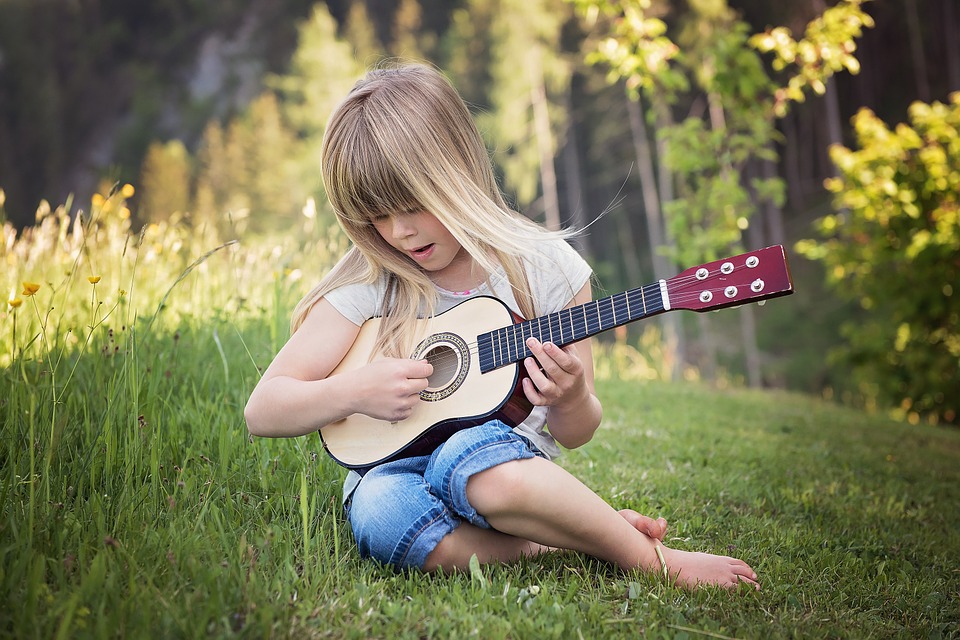If you have ever dreamed about a handy real-time translation device as futuristically cool as the Babel Fish in The Hitchhiker’s Guide to the Galaxy then look no further. The Pilot Earpiece by Waverly Labs is set to be released
Jump on Stage for the Eurovision Song Contest!

Eurovision is the colourful, over-the-top, cheesy and fabulous international music competition that is broadcast every year across Europe, Asia, the US and Australia to millions of fans and ironic supporters! The Eurovision Song Contest Final always offers an evening of fun
Cinco de Mayo – Join the Fiesta!

Cinco de Mayo (5th May) is a celebration day in the US and Mexico when people celebrate Mexican culture, heritage, food and music with street festivals and parades. The day commemorates the Mexican army’s 1862 victory over France at the
Robot Teachers Take Over Language Lessons

British academics have programmed a child-sized robot to teach languages to children. The design has been piloted in the UK and is now being tried out across Europe. The Nao robot teachers are designed to look friendly and approachable and
Pancake Day EFL Lesson Ideas

Pancake Day is just around the corner, which means everyone in the UK will be preparing to make delicious crispy pancakes! The proper name for Pancake Day is of course Shrove Tuesday. This is the day when people traditionally used
Raise a Glass to the Haggis – it’s Burns Night!

Burns Night is a celebration dedicated to the life and works of the great Scottish poet Robert (Rabbie) Burns. On 25th January, many people will be throwing a Burns Night supper, featuring all the traditional elements. The classic celebration includes
New Year’s Resolutions for Language Learners – Part 2

As we move through January, it is easy to lose a bit of motivation for our language-related New Year’s resolutions. The buzz of freshness has dissipated a little as we get back into our normal routines. But wait! Stay strong
New Year’s Resolutions for Language Learning

New Year’s resolutions are at the forefront of everyone’s mind at the start of January. Learning a language is a popular New Year’s resolution but those of us already learning can also benefit from a January boost. Setting some realistic
Music Training Improves Language Learning, Studies Show

Researchers have found that children who learn an instrument find learning languages much easier, even as adults. It has been proven that music training improves language learning, however, it is not only the ability to learn foreign languages that is boosted.
Happy St Andrew’s Day! Exploring Scottish Traditions

Saint Andrews Day falls on 30th November each year. This special day is marked in Scotland by many traditional events celebrating all things Scottish, such as dancing, playing the bagpipes and eating traditional Scottish foods, such as haggis. St Andrews
